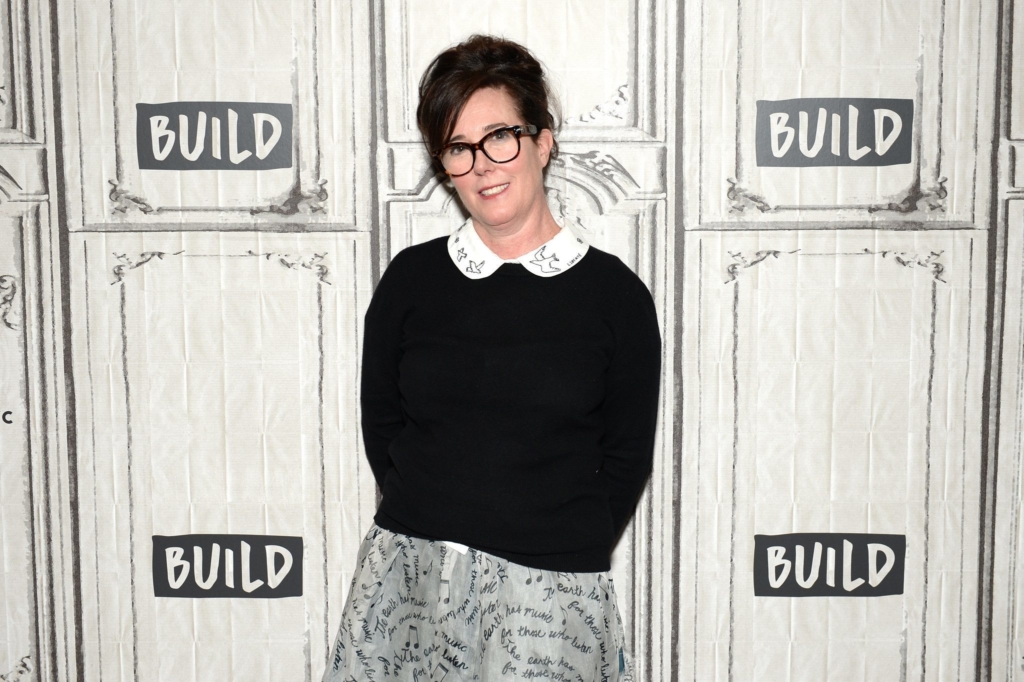Suicide leaves many questions unanswered. It is an incomprehensible act, in many cases with little to no warning, and it is insufferable for those closest to the victim.
Complicating the grieving for those left behind is the fact that the victim may not have sought treatment for their incapacitating despair. There are so many reasons that contribute to individuals not recognizing or denying their symptoms and not seeking the help they need, including the stigma that still surrounds depression and other mental illness, the need to “keep up appearances” and other misconceptions, like the belief that treatment will inhibit their creativity.
Attitudes about mental illness can clearly be disruptive for our society. Treating mental illnesses like depression as though they are defects in a person’s character only makes that individual feel more isolated and more vulnerable to a disease. The recent suicide of designer Kate Spade obviates how drastic such a stigma can be, even in cases of severe depression. Her husband reports that she was in treatment, but her sister made a point that she may have avoided treatment because of image and brand concerns that impacted treatment. While we do not have all the factors that played a role in this tragic loss, it is imperative to understand how important timely intervention is and that delaying treatment can have grave consequences.
As Samoon Ahmad, M.D., Clinical Associate Professor in the Department of Psychiatry at New York University School of Medicine and the founder of the Integrative Center for Wellness, points out: “This pervasive attitude toward mental illness can cause an individual to avoid seeking help because of the stigma associated with it, and in turn, can clearly have a drastic impact on people’s lives.”
Depression is a disease, and as such, those experiencing depression, especially of this magnitude, should not feel judged or maligned. It would make no sense to look down on or criticize someone seeking antibiotics for an infection. Depression and all mood disorders, like anxiety and bipolar disorder, are like any other medical conditions — they are not flaws, but diseases that can and should be treated by medical professionals.
By eliminating the stigma surrounding depression and other mental illnesses, we can increase the likelihood that a person suffering from a mental illness will see their symptoms medically and not as a flaw in their character, and will acknowledge that they need help and be more likely and comfortable to seek the treatment they need to alleviate their suffering and pain.
Other misconceptions are also destructive. Many creative, talented artists, actors and others refuse treatment because they believe that their disease enhances their talent and treatment would dampen it. While some studies have indicated that there is a correlation between mental illness and creativity, one does not suffice for the other. At best, one could deduce that some people with mental illnesses are drawn to creative fields more so than other fields, as a 2015 British study found. However, to think that one must suffer alone to be a successful artist is simply not borne out by the facts.
The truth is that conditions like depression and bipolar disorder are diseases, and there is a growing movement among those who are in the limelight—whether their preferred artistic medium is music, literature, poetry, theater, cinema, or fashion—to speak out against both misconceptions surrounding mental illness. Artists should not feel as though their disease gives them strength or that they should remain isolated. As the French philosopher and writer Albert Camus said, “One of the temptations of the artist is to believe himself solitary, and in truth he hears this shouted at him with a certain base delight. But this is not true.”
No one should have to feel as though they need to go it alone.
If you, or anyone you know, is having suicidal thoughts please call the National Suicide Prevention Lifeline number at 1-800-273-8255.


0 Comments on "Stigma of Mental Illness Prevents Some From Seeking Treatment"